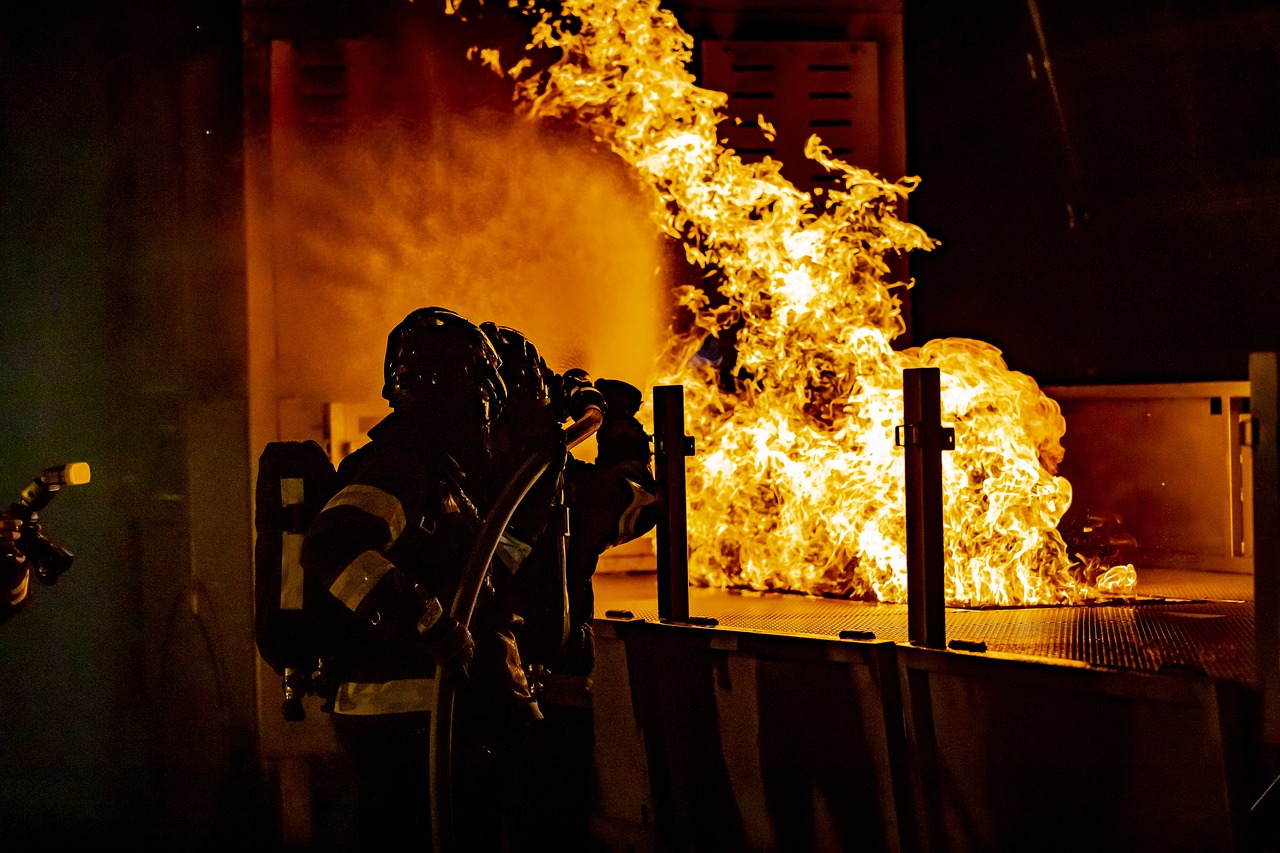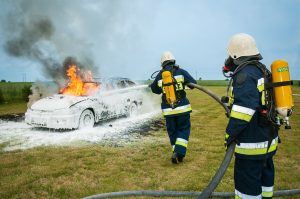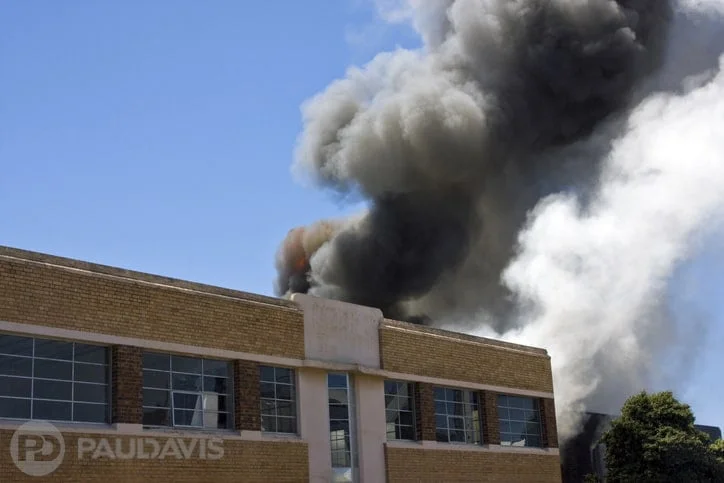
A car parked while its owners vacationed, strongly smelled like a vineyard when they returned a week later. An unopened can of grape soda left in a cup holder had baked under the intense summer heat, exploded, and sprayed the interior with a fine coating of sweet liquid. The can lid was hinged back completely, combusting under the pressure of being inside kept a hot vehicle.
“They were lucky it was a non-flammable fluid,” says Bob Hillier, President of Paul Davis of Greater Houston, Texas, who lives in a state that’s very familiar with extreme temperatures and well acquainted with vehicle fire hazards. “If they had left paint or a can of aerosol cleaner, they might have returned to a toasted hulk of metal that used to be a vehicle. Summer comes with some surprising hidden fire hazards.”
Potential Fire Risks to Your North Houston Property
It is crucial to maintain a high level of awareness regarding property fires, particularly in the summer. The scorching heat in Texas, along with our increased outdoor activities, strained electrical AC usage, and other cooling systems can contribute to short circuits and electrical fires in sweltering temperatures. Hillier warns customers about other odd but dangerous fire risks of the warm months to be aware of:
Refrigerators and freezers in hot garages
When compressors work continually to combat high ambient temperatures around them, they can overheat and ignite.
Air conditioning unit extension cords
Extensions cords that are not designed to carry the required electric load heat up quickly and cause fires. Air conditioners themselves become fire hazards as they age, due to motors working harder, and potentially becoming too hot and risk igniting.
Yard and pet waste
Dry clippings and pet waste will not spontaneously combust, but they can rapidly burn if accidentally ignited. Pet waste releases high levels of flammable methane as it decomposes, which feeds flames.
Aging mulch piles
Anyone who composts organic waste is familiar with the warmth the percolating material generates. If the pile is large enough, it may spontaneously combust. Mulch purveyors are very familiar with this tendency. They store mulch in modest piles and space them to prevent a fire in one from spreading to others.
Stored paints and chemicals
Chemicals exposed to direct sunlight in summer heat can cause a fire. Paints and fuels have exploded in some cases. Further, stored dirty rags – particularly if they are soaked with solvents, paints, cleaners or oils – are at risk of combusting even in comfortable temperatures.Properly stored aerosol paints prevent spontaneous garage fires.

Other potential household hidden fire hazards in the summer
- Overloaded electrical outlets
- Improper appliance ventilation incl. dryers and ovens
- Neglected HVAC systems accumulating dust and debris
- Outdoor grilling flareups and improper gas cylinder storage
Can water in a car catch fire?
When it comes to fiery items in vehicles, some of the hazards seem downright surreal. “News organizations recently warned people against leaving water bottles in hot cars,” Hillier says. “Apparently the plastic and water, left in direct sunlight, may focus the sun’s rays like a magnifying glass and heat up nearby materials.” Imagine, water can cause a fire! But the overall message is one to heed: be careful of unusual fire risks in summertime. Especially car fires spontaneously igniting.

Stay safe from hidden fire hazards
By acknowledging these summer specific fire risks and taking preventative measures, you can protect your property from the devastating effects of over heating. Contact Paul Davis for immediate fire damage or smoke restoration cleanup today! And be sure to check out our other fire restoration tips for restoring other household items or affected areas.






